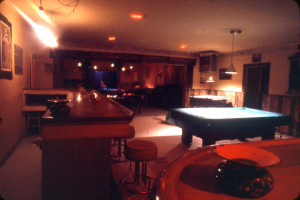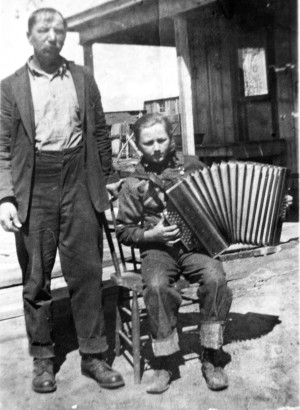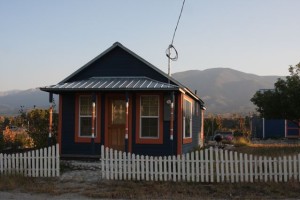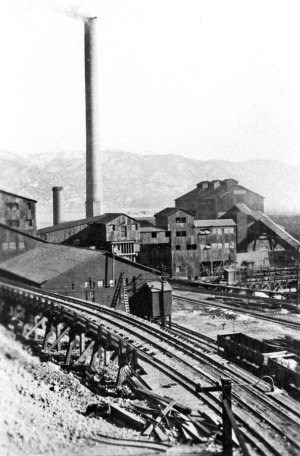Back in 2007, Salidans Merry Cox and her husband Erik Hvoslef were seeking rural property close to town. Merry was hoping to find several things: a new home, land that had studio space where she could create artwork, and vacant property where she could grow “a perennial food forest.” What they found was 1.5 acres of industrially-zoned land for sale just off the main road, CR 150, through Smeltertown. The land belonged to Ann Shine, whose family dates back to the earliest days of Smeltertown. The property included several old houses in various stages of disrepair and the couple decided to enlist local builder Greg Walter to construct an energy-efficient strawbale home on the property for their residence.
Merry considers herself an “object maker” sculpting art from found-objects and is one of the many recent newcomers who is breathing new life into the funky old worker’s town on the north bank of the Arkansas River.
She soon began a dream project of developing what she dubbed “gardens as ecosystems.” Her vibrantly diverse gardens not only provide food for humans but also are “habitats for wildlife, carbon- sequestering, biodiversity, natural soil building, gardens of fruit and nuts, perennial and annual veggies and flowers.” Just spend a few minutes in her gardens and it is hard not to feel the vibrant, pulsating energy of insects, plants, and photosynthesis. In her gardens she attempts to mimic nature by growing perennial plants which, upon breaking down, provide valuable nourishment for the next crop of plants. A true regeneration of the land.
She considers the emphasis on the whole system as an interrelated organism and its interconnectedness as the key to a healthy, dynamic garden. She uses nature as her model to design the landscapes and considers biodiversity as essential to the strength, resilience, and longevity of the system.
Said Merry, “A garden as an ecosystem becomes more stable, self-fertilizing and self-renewing, with less input and lower maintenance. A garden as an ecosystem offers a solution to the immense ecological damages done by filling our resource needs. A garden as an ecosystem could offer us a link to nature’s abundance.”
Nature’s abundance is most certainly on display at their property on the outskirts of Smeltertown. – By Mike Rosso




